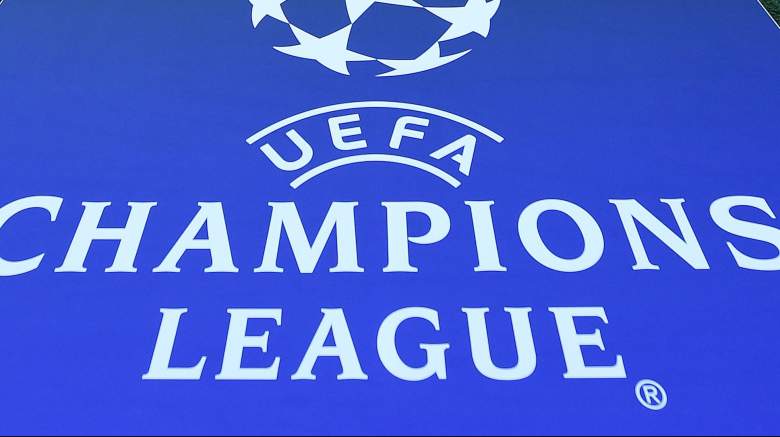
Champions League games avoid heading to overtime (extra time) in most cases with a few exceptions. The teams play two legs in the Round of 16, quarterfinals and semifinals. This means games can end in a tie before the tournament reaches the championship match. The only way there is overtime is if the two teams are tied in aggregate goals after the two matches are completed. The first tiebreaker is away goals and overtime would occur if both teams were also tied in this category.
Here is how UEFA describes the Champions League overtime scenario.
For matches played under the knockout system, if the two teams involved in a tie score the same number of goals over the two legs, the team which scores more away goals qualifies for the next stage. If this procedure does not produce a
result, i.e. if both teams score the same number of goals at home and away, two 15-minute periods of extra time are played at the end of the second leg. If both teams score the same number of goals during extra time, away goals count double (i.e. the visiting team qualifies for the next stage). If no goals are scored during extra time, kicks from the penalty mark determine which team qualifies for the next stage.If extra time is required, there is a five-minute break between the end of normal time and the start of extra time. As a rule, the players remain on the field of play during this five-minute break, at the discretion of the referee.
Champions League Final Overtime Rules
Aside from the second leg of the series, the championship match also presents an opportunity for games to head to overtime. If two teams are tied after regulation in the championship, the game would go into extra time. Here are the championship overtime rules, per UEFA.
The final is played as one single match at a neutral and predetermined venue. If the score is equal at the end of normal playing time, two 15-minute periods of extra time are played. If one of the teams scores more goals than the other during
extra time, that team is declared the winner. If the score is still equal after extra time, the winner is determined by kicks from the penalty mark
During the Champions League Final, Penalty Kicks Are Possible
Given the rules, seeing penalty kicks in Champions League matches is a rarity, but it is possible during the final given there cannot be a tie. If the game remains tied after extra time, here are the rules for penalty kicks during the championship match, per UEFA.
Kicks from the penalty mark are taken in accordance with the procedure laid down in the IFAB Laws of the Game.
The referee decides which goal will be used for the kicks:
a. If either goal could be used for the kicks, then, in the presence of the two captains, the referee tosses a coin to decide which goal will be used.
b. For reasons of safety/security, state of the field of play, lighting or other similar reasons, the referee may decide which goal will be used without tossing a coin. Such decisions are final and require no justification.

Comments
Champions League Overtime Rules: Can Games End in a Tie?